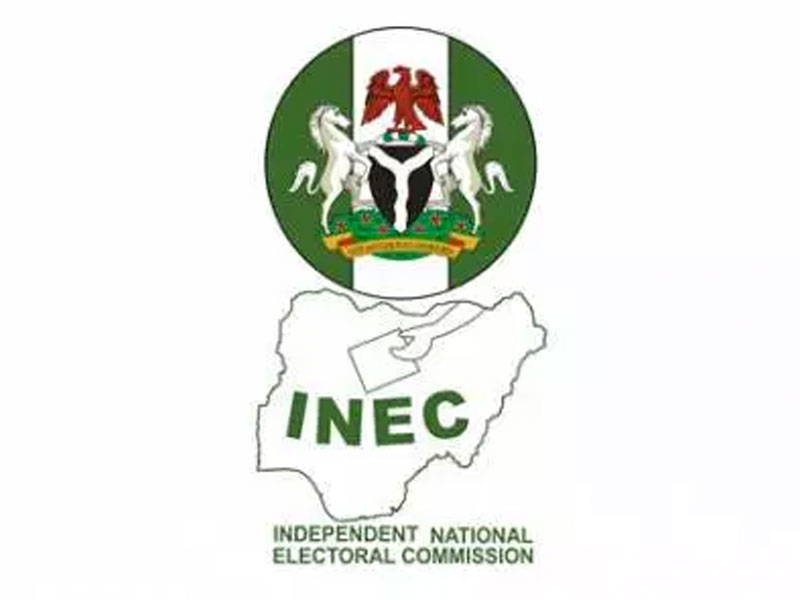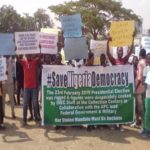THE Independent National Electoral Commission (INEC) has dismissed media report that graduates on mandatory one-year national service and other ad hoc staff used by the Commission in the recently conducted general elections were being owed.
One of its national commissioners, Ogumola Adekunle, made the clarification on Wednesday during his Commission debriefing of Accredited Observers for the 2019 general elections.
Adekunle told the gathering that some corps members who got money from other sources outside INEC gave false information to their colleagues.
He dismissed the report that some corps members staged a protest in Lagos to demand outstanding payment owed by INEC.
He said: “There was nothing like non-payment of the entitlement of the corps members deployed as ad-hoc staff. In Lagos where there were speculations of corps members protesting, the Resident Electoral Commissioner (REC) and National Youth Service Corps (NYSC) Lagos state coordinator, who addressed the issue made it clear on live television that INEC has paid the corps members used as ad-hoc staff their full entitlements.
“I think what happened was that some of them got money somewhere and transmitted the information to some of their colleagues who felt that the money was their entitlement. But is not the business of INEC. The commission paid the entitlement of its ad-hoc staff.”
ALSO READ: BREAKING: Police arrest suspected killer of Temitope Sugar
Also speaking at the event, another Commissioner, Aminu Zakari attributed the logistic challenge faced by the Commission in distributing its materials to bad vehicles provided by members of the National Union of Road Transport Workers (NURTW).
She further revealed that the Commission had to seek the assistance of the Federal Road Safety Commission (FRSC) to certify the road worthiness of the vehicles deployed for electoral duties.
She said: “The challenge is that we have to depend on the NURTW for the deployment of vehicles. In fact, the commission had to even employ the services of Road Safety to check the road worthiness of those vehicles. The cost of the election in Nigeria is high largely because of suspicion and attitude of Nigerians. If we want to reduce the cost of the election, we have to return to the use of government vehicles, which we have been using before now.”
Equally adding his voice on the logistics challenge, one of its Commissioners, Solomon Soyebi said INEC deployed some of its track vehicles to move sensitive materials.
“The commission tracks over 400 vehicles of their own. They are the vehicles used in conveying sensitivity materials from CBN to the Local Government Area offices.
“Tracking is something that has come to stay in the commission. The commission effectively used the tracking device in three governorship elections of Ondo, Osun and Ekiti. In fact, I was directly involved in the monitoring of the tracking device.”
Earlier in her address, Antonia Okoosi-Simbine, who represented the Commission’s chairman, Mahmood Yakubu said the debriefing exercise was necessary to enable observers to share their individual and groups experiences with the Commission.
“The debriefing session is a platform provided by the Commission for Observers to discuss field experiences during the elections towards providing useful lessons for the conduct of future elections.
“Accordingly, the debriefing session offers us the opportunity to discuss a variety of issues, focusing on various aspects of the electoral process.”






